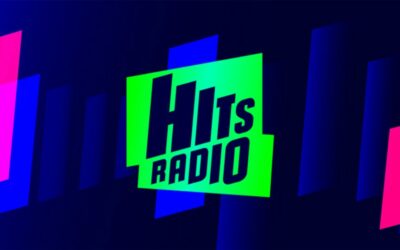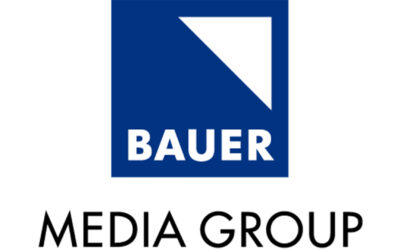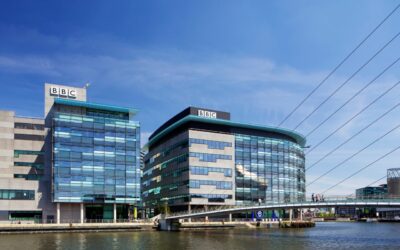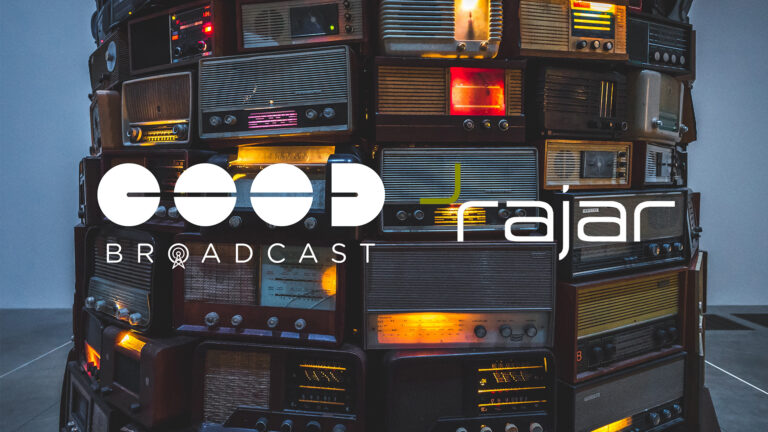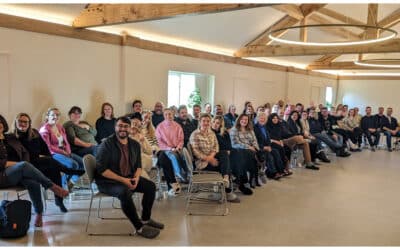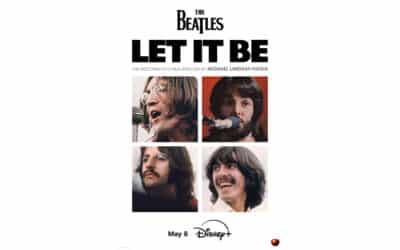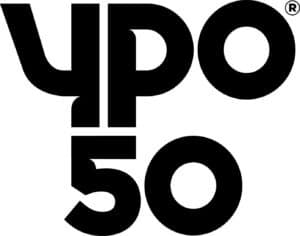This morning, the latest RAJAR figures have been released, showing the performance of radio stations up and down the country. Josh Wheeler, Head of Broadcast at Manchester-based broadcast specialist Good Broadcast analyses the results.
Merry Christmas!
I’m only kidding… Welcome to RAJAR day – which for us in the world of broadcast is like a quarterly Christmas morning. We get to see which stations are flying high – which helps to inform our targeting on behalf of brands.
… However, it is only 63 days until Christmas if you are planning festive PR activity…
For the stations themselves, it can be a bit nerve-wracking. It shows how their outlets and shows have been performing, which could lead to them implementing drastic change.
For us, at Good Broadcast it is also an incredibly important day. Our whole mantra is ‘Quality over Quantity’ when it comes to delivering for our clients – so it is vital for us to evaluate how stations perform.
The figures measure BBC and licensed commercial radio outlets across the country to highlight which stations are performing well with audiences.
RAJAR Ltd (otherwise known as Radio Joint Audience Research) is owned by the BBC and RadioCentre (the trade body which looks after commercial radio stations in the UK).
The figures are the most accurate way of measuring the reach of radio audience penetration – and therefore incredibly significant.
What do the figures show?
Usually, undertaking these write-ups can be a bit nerve-wracking as there can be quite a few significant losses to stations. During this quarter (24th June to 15th September) the majority of stations in the North are up – and where there are losses they are only minimal.
It means that radio in the North is well and truly flourishing.
If we take a look at the figures on a national level, before digging into the region, then we can see that 48.5 million adults (those aged 15+) tuned in each week throughout Q3 2019. This is a slight dip from Q2 – but we are out and about more in the summer which would account for a slight drop overall.
Healthy figures like this mean that radio groups can continue to invest to reach us with the type of content we are looking for.
In total, over 989 million hours of radio were listened to throughout the quarter.
On average, here in the North, we are listening to almost 20.4 hours of live radio per week. 59% of us tune in at home, 25% in the car and 16% at work. Interestingly, the figure for car listenership has increased since Q2.
The growth of digital platforms remains solid – with ‘digital’ now having a market share of all listening of around 56%.
Interestingly, home assistant platforms are growing too. 18% of speaker owners say that they use their Alexa or Google Home devices to listen to live radio every single day. As I write this, I am listening to Phil Trow (a little too loudly) talking about advent calendars on my Alexa…. Christmas is well and truly here!
So, let’s dig into what is happening across the North.
Manchester
The big winners in Manchester during this quarter are Capital and Heart North West. Capital now has 493,000 weekly listeners whilst Heart North West moves up to 714,000.
Global, who own Heart, will be especially happy with its performance as this is the first full report on its new breakfast show broadcast directly from London with Amanda Holden and Jamie Theakston. The duo have added 33,000 listeners since joining.
Hits Radio Manchester has held steady with an audience of 258,000 as Fleur, Greg and James settle in. Hits Radio is also broadcast nationally – and has a very strong audience of 6,684,000. The outlet knows its audience very well – and campaigned on World Mental Health Day to log off social media for an hour – something which engaged perfectly with its younger audience base.
It would seem some of the movement to Heart has come from Radio X, which lost 9,000 listeners during the quarter, taking them to 161,000.
From a BBC point of view, BBC Manchester has 186,000 listeners which is a growth of 15,000. BBC Manchester has been really profiling ‘local’ during this quarter – placing focus on the Peterloo anniversary, Chelsea took over a shop in Wythenshawe for ‘We Are Wythenshawe’ and four local drag Queens took over the channel to help celebrate Manchester Pride.
Leeds/York/Yorkshire
Heart Yorkshire was boosted throughout the quarter with 456,000 listeners tuning in (a growth of 30,000).
A good chunk of this audience is likely to have come from Capital Yorkshire which saw a downward turn of 31,000 taking them to 914,000. It is worth noting that Capital launched its networked Breakfast show in April, during Q2 they saw an upward swing – so it may be that people in the region are looking for local output?
BBC Radio York dips slightly to 58,000 – as does BBC Radio Leeds (to 174,000).
BBC Radio York celebrated Yorkshire Day (August 1st) by bringing the community together over cake and a cuppa at the Coxwold Village Hall. Radio works best when it truly represents its audience – and so getting into the heart of the Yorkshire community is key for the station.
Similarly, and slightly less glamorously, BBC Radio Leeds broadcast the Stephanie Hirst show from Café Mambo in Ibiza. The special looked at got her clubbing gear on to bring a bit of sunshine back to Leeds. Some people get the hardest jobs…
Liverpool
In Liverpool, Capital remains strong. It has 208,000 listeners each week. That strength looks especially good as BBC Merseyside drops to 222,000 (from 236,000).
Radio City saw a loss during this quarter – heading to 314,000 listeners each week from 361,000. It performs as one of the most popular stations in the city. During this time, changes to the station were announced with Gemma Atkinson’s Drivetime show being announced – seeing the departure of Radio City stalwart, Scott Hughes.
The changes mean that 20 out of 24 hours on the station on weekdays will be networked shows rather than being produced solely for a local audience. The exception on Radio City is the breakfast show, featuring Leanne Campbell and Dave Kelly.
In total, 7 Drivetime presenters will lose their daily Drivetime Show.
Newcastle
BBC Radio Newcastle saw strong growth during the quarter – to 231,000 (from 215,000).
Metro Radio has also picked up here – growing to 285,000. This is a growth of 22,000 – but they also grew 15,000 in Q2 showing a solid upward swing for the station. Listeners across Newcastle and the North East were distraught to learn that regional radio hero, Alan Robson, would be making his last appearance on Metro Radio after more than 40 years on the air during the period.
His show, Night Owls, has moved to Greatest Hits Radio North East (which has a reach of 24,000). There was such strong feeling about this that the community attempted to place Night Owls in its original format on community stations across the region. This was spearheaded by Ashlington-based outlet Koast Radio, a group of channels including Sunderland’s Spark FM and Newcastle’s Nova Radio.
So what does this all mean?
The picture looks strong. Most outlets are seeing an upward swing, some of the big bets are paying off and we seem to be engaging with Radio more and more in the North.
The commercial network continues its strength – valued around £700M – as many set to Network outlets in the regions.
The All New Heart Breakfast show removed the ‘local’ content (e.g. presenters) with the content coming from London presented by Amanda Holden and Jamie Theakston during this period and it seems to have been successful.
However, Capital – which rolled out its Breakfast Show in the last quarter – has been hit by some losses in Yorkshire and remains the same in Liverpool.
Radio City – which built in a networked element – also has experienced a drop.
Could it be that we yearn for local output on local stations? Is there something in having voices from the area?
BBC England went through this same process a few years ago – centralising its evening shows across the local network. In the wake of #FakeNews, the decision was reversed and the Beeb placed focus on the power local can bring to an audience.
Radio Recap – What Do You Need To Know About The Quarter?
Six presenters dropped as Bauer rolls out new drivetime show with Wes Butters and Gemma Atkinson
Ofcom told to review “localness” rules as stations close
Wall leaves Radio 5 live to head up BBC Sounds
Concerns raised over Bauer’s local radio acquisitions
Scott Mills to take over Danny Baker’s former morning slot on BBC Radio 5 Live
Radio 5 Live news boss named BBC’s Head of the North
Rachael Bland remembered with special You, Me and The Big C podcast

